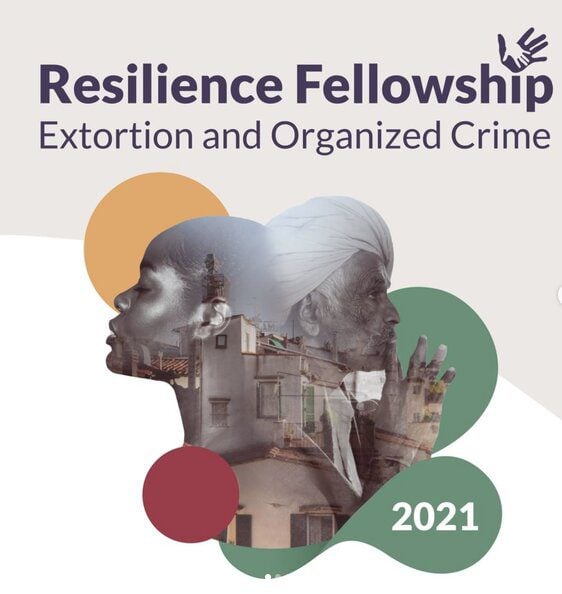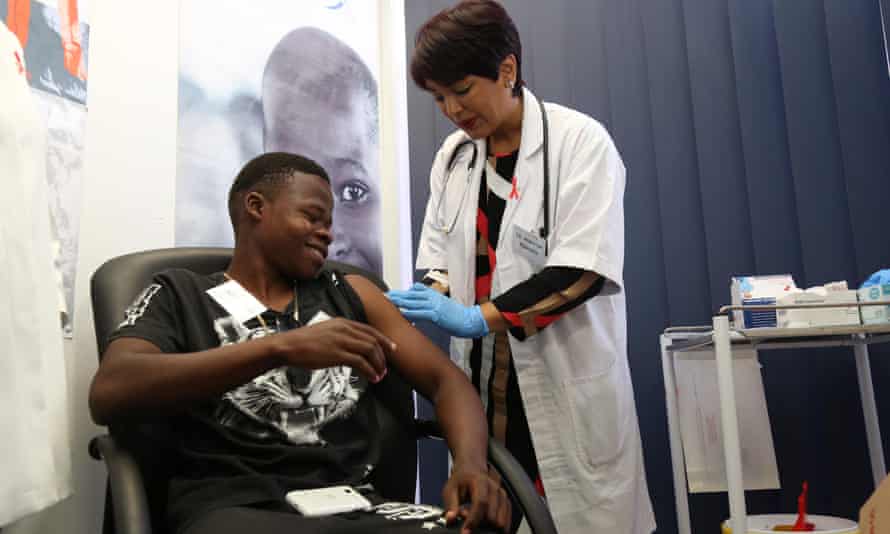Our girls back to school campaign is ongoing. Day 2
“Education is the only thing that cannot be taken away. It is the key to fulfilling girl's dreams.”
Our today's guest is Engrácia. She will tell about her feelings of her and challenges she faces during the coronavirus time.
Introduction
Hello, my name is Engrácia, I am 14 years old, I am from Angola and I study in the 7th class.
How has the coronavirus affected you?
The coronavirus has affected my academic life. When covid-19 emerged I stopped studying and was forced to stay at home.
Now that school has reopened, have you gone back to school?
Yes I went back to school thanks to God.
Did your school distribute any biosecurity materials?
No.
What are the prevention measures that the school advises you to follow?
Always wash hands, do not touch doorknobs, do not exchange pencils with colleagues and always keep a meter away from colleagues.
How is your academic development going? Did you forget anything you learned before?
My academic development is going more or less. Yes, I forgot a lot. I practically no longer remember the things we studied, and in this second phase of the schools reopening, we started writing our exams at one blow.
Isn't this difficult for you?
It is. It has been very difficult for me.
Have all your colleagues who studied with you before the pandemic returned to school?
Yes, everyone came back to school thanks to God.
How do you feel when you enter school? Aren't you afraid?
I am very afraid. Every time I enter school I get the feeling that I will find a colleague with Covid-19 and can easily contaminate me, or by touching my desk, probably an infected colleague has touched it before and I will also catch the disease.
I am always afraid but I have been praying to God to protect me from this disease.
The longer schools remained closed, the more damaging the consequences, especially for children from more disadvantaged backgrounds. As schools closed then, kids, and mostly girls, weren't able to learn as well or at all at home since their responsibilities shifted to caring for the home and family, and making money.
The COVID-19 pandemic will have huge impacts on student learning across the world, but students sub-Saharan Africa will be the most negatively affected. In these countries, governments have been less able to provide remote learning opportunities and guidance to teachers to address student learning needs during the crisis. ”
Do you have a personal experience with the coronavirus you'd like to share? Or a tip on how your town or community is handling the pandemic? Don't miss this opportunity to bring girls back to school. Tell us your story!
Click here to watch free full webisodes: https://she-leads.blogspot.com/











